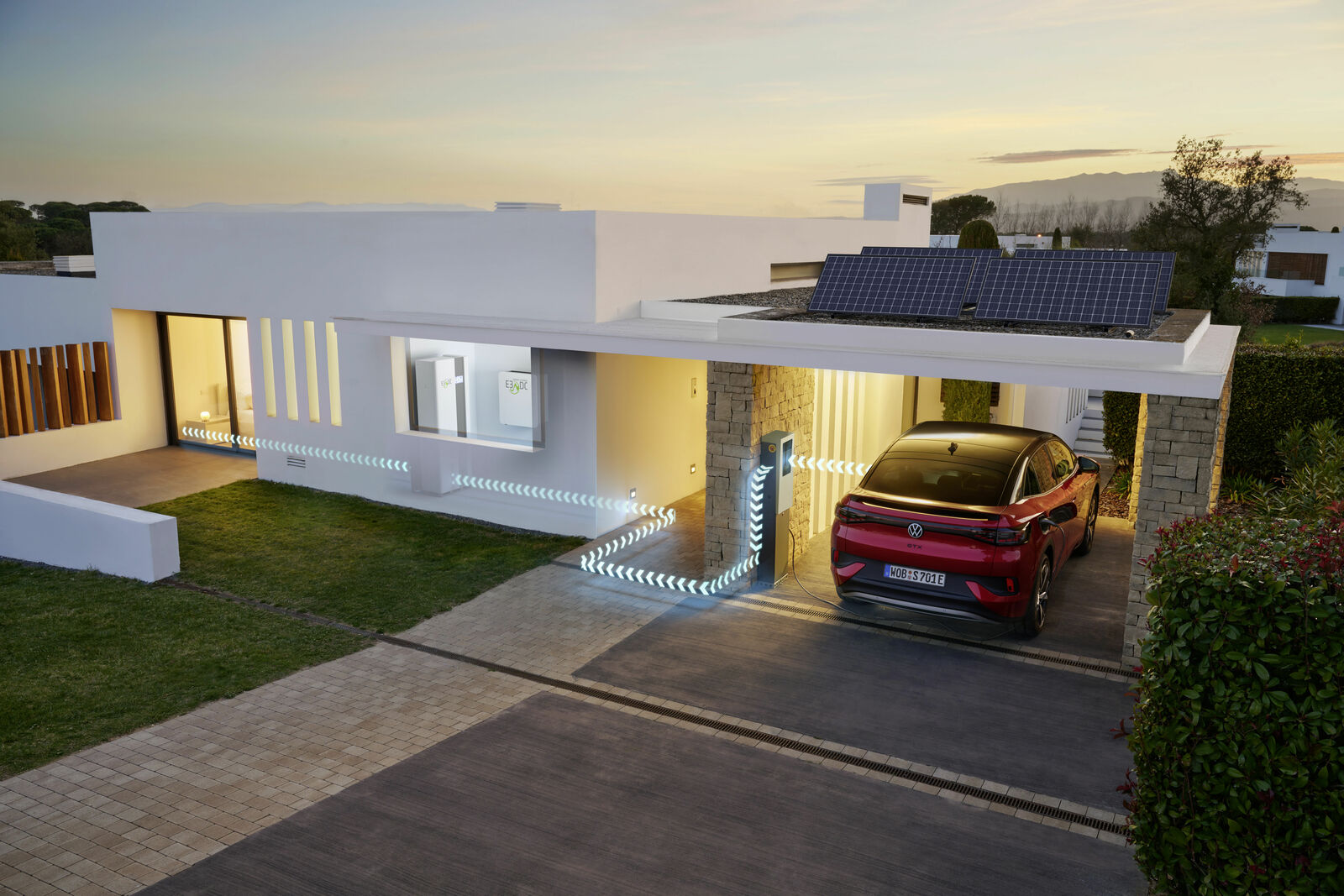Sustainability

Press releases
-

Green power for all ID. models on European roads: Volkswagen supports 26 solar and wind farms
As a pioneer, Volkswagen supported the large-scale expansion of renewable energies in Europe at an early stage. Currently, the automaker is engaged in a total of 26 green power projects in nine European countries. The company has now drawn a positive interim balance. Since 2021, the green power projects supported have fed a total of about three terawatt-hours (TWh) of electricity to the European power grid. This figure corresponds to the annual energy demand of about 800,000 households. Through these efforts, Volkswagen is making a key contribution to decarbonization. An ID.4 powered solely using the EU green electricity grid mix already has a lower CO₂ footprint than a comparable diesel model after about 66,000 km. This is the result of a life cycle analysis*. -

Imitation leather from industrial hemp: innovative and sustainable material for future car interiors
Volkswagen has entered into a cooperation with the German start-up Revoltech GmbH from Darmstadt. The aim is to research and develop sustainable materials based on industrial hemp. These could be used as a sustainable surface material in Volkswagen models from 2028. The material made from 100% bio-based hemp uses residues of the regional hemp industry. It can be produced on existing industrial plants and recycled or composted at the end of its service life in an automobile. The first presentations of the innovative material have already received a very positive response and feedback from customers. -

Cleverly manage your own electricity: First ID. models support bidirectional charging
From now on, many models in the ID. Family now offer bidirectional charging with the "Vehicle to Home" function. With a home power station and the integrated Home Energy Management System (HEMS) from Volkswagen partner HagerEnergy GmbH, customers can cover as much of their household consumption as possible with their photovoltaic system. Both companies have launched a pilot project in Sweden in which an entire housing estate is being supplied with vehicles and the corresponding charging infrastructure.